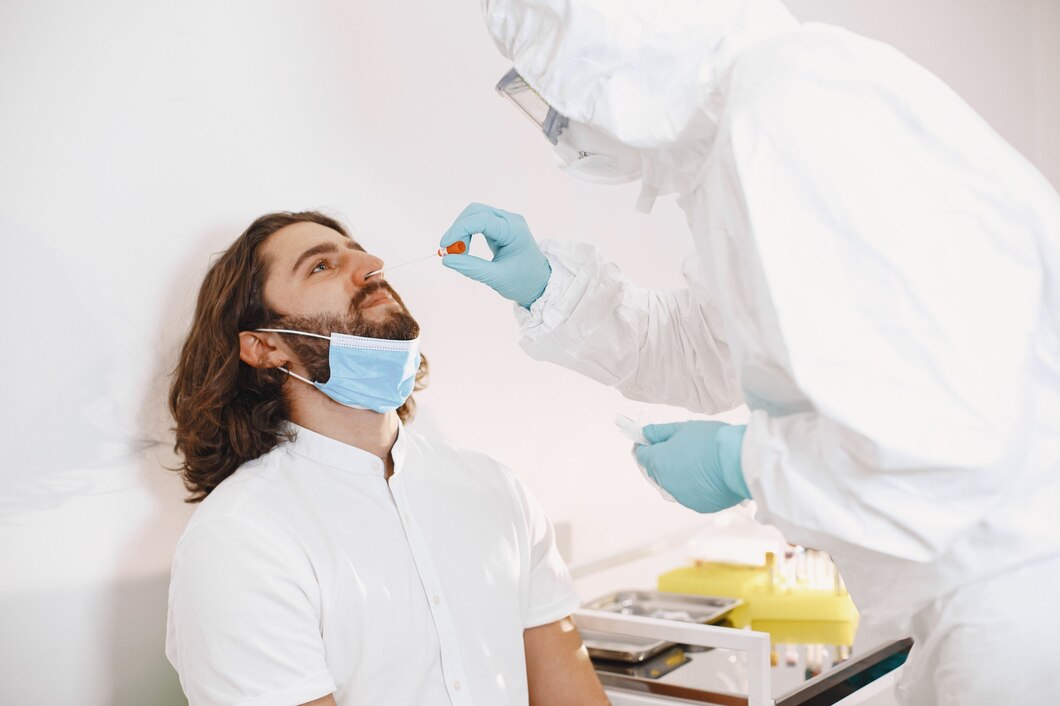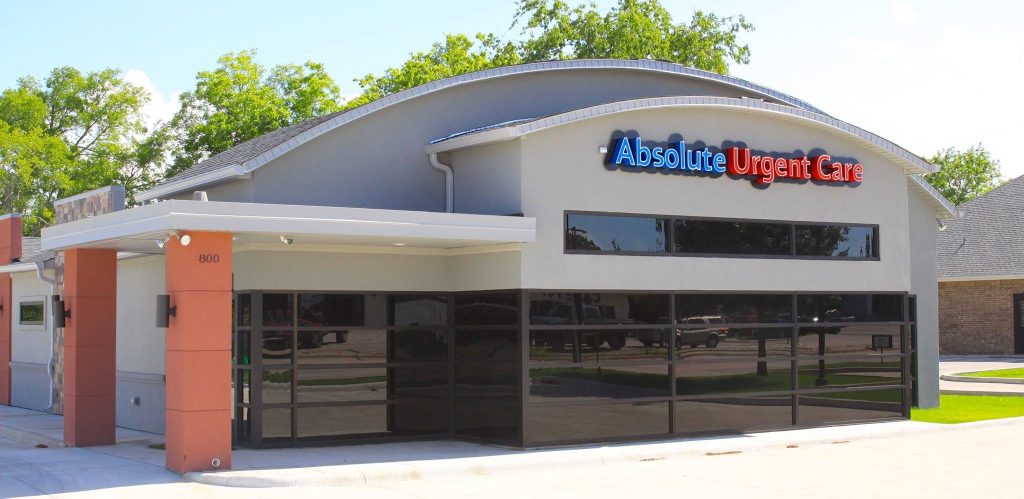The gastrointestinal (GI) system is the backbone of health, although it tends to stay off the radar until symptoms are acute. It is responsible for breaking down food, absorbing nutrients, and excreting waste. When it doesn’t work properly, the result can be a variety of physical discomfort, pain or even serious complications of health. This blog post will focus on prevalent GI problems, their symptoms, and when to see a doctor. So if you’re in Texas, Gainesville and struggling with ongoing GI issues then Absolute Urgent Care can help!
Understanding Gastrointestinal System
The GI tract consists of the mouth, esophagus, stomach, and small and large intestines, as well as the liver, pancreas, and gallbladder. Every vessel has its own function, and any distraction will lead to digestive problems. Typical issues include subtle indigestion and chronic disorders such as irritable bowel syndrome (IBS) or inflammatory bowel disease (IBD).
Common Gastrointestinal Issues
Acid Reflux and GERD
Acid reflux is the regurgitation of stomach acid into the esophagus, which can lead to heartburn. When this often occurs, it can suggest gastroesophageal reflux disease (GERD). Symptoms include:
- A burning sensation in the chest
- Food or sour liquid coming back up.
- Difficulty in swallowing
Untreated, GERD can harm the esophagus and cause complications, such as esophagitis or Barrett’s esophagus.
Irritable Bowel Syndrome (IBS)
IBS is a functional GI disorder which presents with abdominal pain, bloating and alterations in bowel habits. Symptoms vary, but tend to include:
- Diarrea, constipation, or switching between the two
- Excessive gas
- Mucus in the stool
Although IBS doesn’t cause irreversible damage, it can severely affect quality of life.
Inflammatory Bowel Disease (IBD)
IBD includes Crohn’s disease and ulcerative colitis, which lead to chronic inflammation of the GI tract. Symptoms may include:
- Severe diarrhea
- Abdominal pain and cramping
- Weight loss and fatigue
- Blood in the stool
IBD needs careful medical management to avoid complications, including malnutrition or bowel obstruction.
Gallstones
Gallstones are hardened deposits that form in the gallbladder and can get stuck in bile ducts, leading to agonizing pain. Symptoms include:
- Abrupt pain in the upper right abdomen
- Nausea and vomiting
- Yellowing of the skin and eyes (sp jaundice)
If you have any of these symptoms, get medical attention immediately.
Food Intolerances and Allergies
Digestive distress might be caused by food intolerances like lactose intolerance, and food allergies. Symptoms may include:
- Bloating and gas
- Diarrhea or constipation
- Nausea and vomiting
To manage these conditions, it is important to identify trigger foods.
When to See a Doctor
Although mild digestive symptoms are common, some issues require a visit to a physician. Seek help if you experience:
Persistent Pain
Abdominal discomfort that lasts longer than a few days or gets progressively worse may signal a serious condition such as appendicitis, pancreatitis or an ulcer.
Unexplained Weight Loss
Loss of weight without effort may indicate malabsorption, cancer, or a chronic GI disorder.
Blood in Stool
Bright red or dark and tarry blood in the stool is a red flag for things like hemorrhoids, ulcers, or colorectal cancer.
Extreme Diarrhea or constipation
Chronic diarrhea or constipation that doesn’t respond to over-the-counter treatments may signal an underlying problem such as IBS, IBD or a thyroid disorder.
Difficulty Swallowing
Difficulty swallowing can signal esophageal strictures or GERD or esophageal cancer.
Tips for Maintaining Gastrointestinal Health
It also starts with a healthy lifestyle to prevent GI issues. Here are some practical tips:
- Have balanced food with lots of fiber, fruits and vegetables.
- Drink plenty of water to support digestion.
- Cut back on alcohol and caffeine.
- Do regular exercise to help your bowel to be regular.
- Also manage stress, because it can worsen GI symptoms.
Why Choose Absolute Urgent Care for GI Issues?
If you are having ongoing or serious gastrointestinal symptoms, don’t hesitate to get help. For all GI issues, count on Absolute Urgent Care for fast, friendly and professional medical care. We are able to diagnose and treat many common digestive problems in a timely manner, unlike the other options of the emergency room.
Prioritize Digestive Health
Gastrointestinal health is critical for overall wellness, and being able to identify the warning signs of common issues can help you step in and take action before problems worsen. Whether it’s an acid reflux, IBS, or something more serious, knowing your symptoms and when to seek medical attention are critical. For those in Texas, Gainesville, and requiring care related to gastroenterology, Absolute Urgent Care is their trusted partner in health.
You can avoid complications and lead a higher quality of life by taking your digestive health seriously. Do not put off persistent symptoms — your health is too important.





















